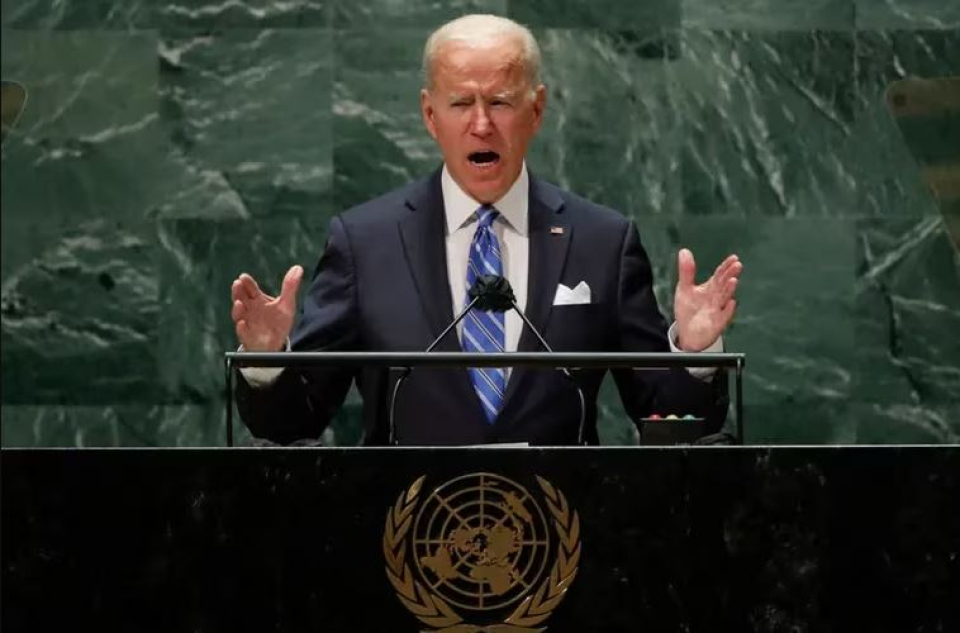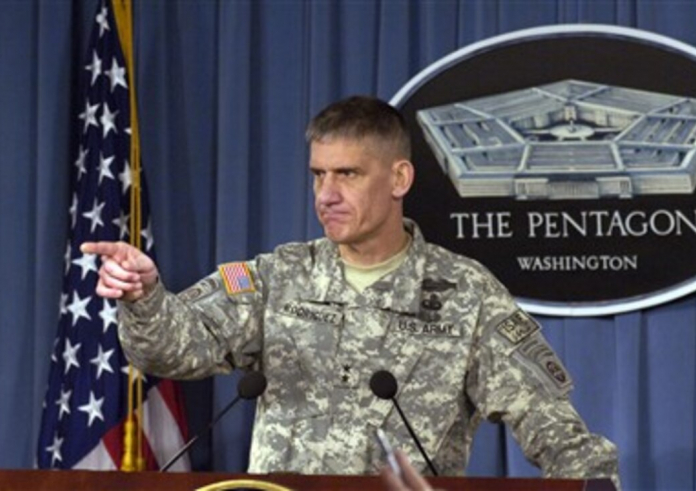US President Joe Biden's recent address to the 78th session of the United Nations General Assembly highlights the divergence between his words and the actions of the United States.
Biden stated that the United States seeks a more secure, prosperous, and equitable world for all, yet he did not mention the enduring US embargo against Cuba, which the UN General Assembly has condemned annually for over three decades, depriving the Cuban people of essential goods and services.
While addressing Haiti's state of anarchy, Biden failed to showcase the US's nation-building capabilities, raising questions about the effectiveness of US efforts in its own hemisphere.
Biden's mention of his visit to Vietnam omitted the tragic legacy of Agent Orange and other atrocities from the Vietnam War, further underscoring the gap between rhetoric and reality.
The president talked about adversaries becoming partners and resolving challenges, but actions do not align with these words. The US has not engaged with countries it views as adversaries, such as North Korea, Venezuela, Iran, Syria, or Russia, but instead has pursued policies that isolate and pressure these nations.
Biden's remarks on China also raise questions, as he claimed that US partnerships are not aimed at containing any country, while simultaneously engaging in efforts to contain China economically, technologically, and geopolitically.
Despite discussing cooperation with China on climate change, the US's actions, such as cracking down on Chinese tech companies and discriminating against Chinese electric vehicles, undermine global efforts to combat climate change.
The president touted the G7's Partnership for Global Infrastructure and Investment (PGII), but this initiative is perceived as a geopolitical tool aimed at countering China's Belt and Road Initiative, rather than promoting global development.
While Biden called for global unity on issues like the Russia-Ukraine conflict, the US has been pursuing policies that have contributed to a new Cold War and divisions within the international community, particularly on the issue of sanctions against Russia.
In contrast to the US and EU's sanctions, most countries have called for a cease-fire, dialogue, and diplomacy to address the Russia-Ukraine conflict, emphasizing the need for peaceful solutions rather than punitive measures.

















